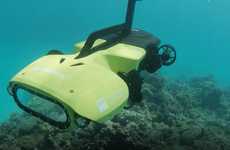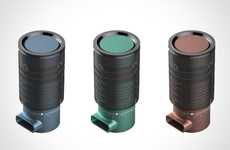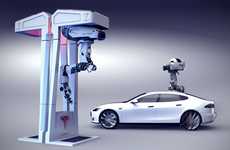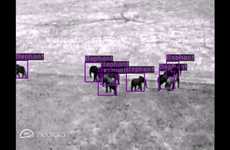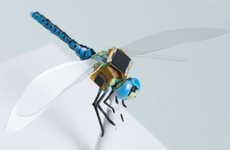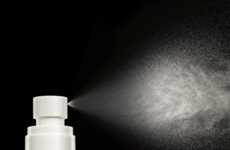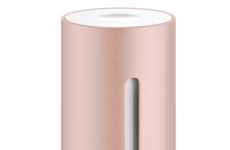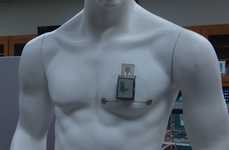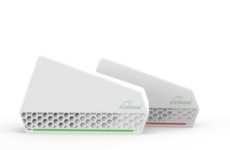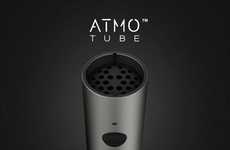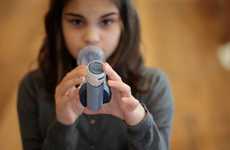



Widespread pollution-mapping helps institutions and consumers enact change
Trend - Pollution-mapping is becoming more widespread as companies recognize the importance of resolving the poor air quality that most urban environments have today. By detecting and measuring air quality on various platforms, these companies are able to empower institutions to improve the systems that create pollution, while also allowing individuals looking to avoid such areas.
Insight - Climate change has brought on a unique set of challenges around the world, which will only grow stronger as time passes without effective change. Consumers who understand the risks of climate change know that public health will be of increasing importance as the impact of climate change affects everything from air quality to economic stability in the regions it affects the most. To an extent, consumers can take matters into their own hands--and seek out brands that give them the proper tools and motivation to do so.
Insight - Climate change has brought on a unique set of challenges around the world, which will only grow stronger as time passes without effective change. Consumers who understand the risks of climate change know that public health will be of increasing importance as the impact of climate change affects everything from air quality to economic stability in the regions it affects the most. To an extent, consumers can take matters into their own hands--and seek out brands that give them the proper tools and motivation to do so.
Workshop Question - How could your brand enact effective solutions against climate change?
Trend Themes
1. Pollution Mapping - Companies are detecting and measuring air quality on various platforms, empowering institutions to improve the systems that create pollution while allowing individuals to avoid such areas.
2. Personalized Pollution Analysis - People are using gadgets like the Flow Smart Air Quality Tracker to be more proactive in taking control of their health and well-being by analyzing pollution personalized to their location.
3. Autonomous Drones for Pollution Detection - Scientists and engineers are using autonomous drones to detect, monitor, and report air pollution before it becomes a major problem.
Industry Implications
1. Environmental Technology - Environmental technology companies are developing solutions for pollution monitoring and mitigation.
2. Consumer Electronics - Consumer electronics brands are creating products like air quality trackers to meet the demands of conscious consumers.
3. Urban Planning - Urban planners are recognizing the importance of pollution information to create healthier, livable cities.
